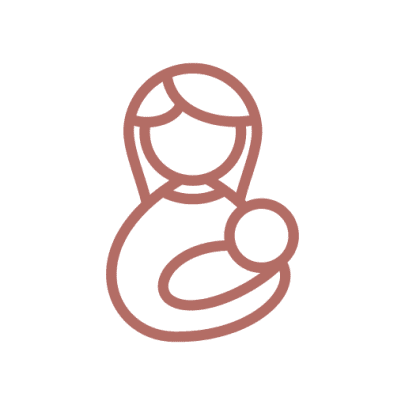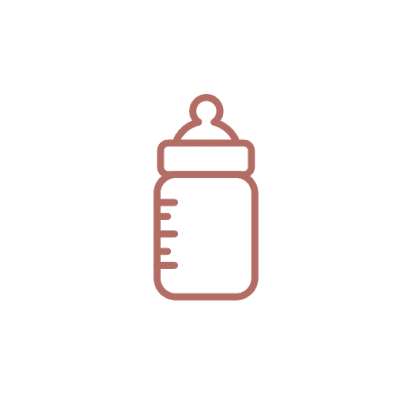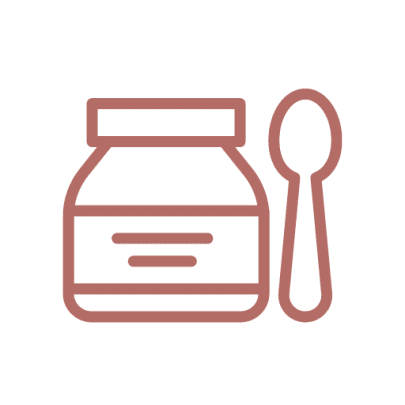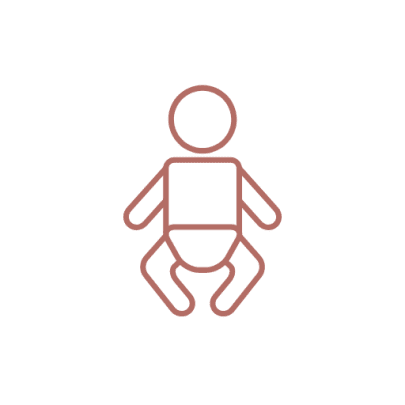Hormone hell! Why you’re crying at the drop of a hat
Do TV commercials make you cry? Does someone cutting in front of you on the highway make you incandescent with rage? And don’t even get me started on the things your partner does without even realising they’re doing it… Hormones play a huge role in why you’re suddenly in tears over someone else using your favourite coffee mug at work. Here’s why.
Pregnancy is a time of immense change within your body, and hormonal changes are right up there with weight gain, breast size increase, swollen ankles, and the sudden inability to see your feet. Mood swings, crying jags, inexplicable rages at your partner eating the last piece of toast… Yep, this is pregnancy hormone hell, and you’re riding that roller-coaster for the next 40 weeks (and beyond!).
The first trimester
As your body realises it’s pregnant – before you do, of course – your hormones will be going into overdrive getting everything sorted to grow your baby. Progesterone and oestrogen rise dramatically, and a new hormone called human chorionic gonadotropin (HCG) starts to be produced. Progesterone especially is a culprit in your newfound “big feelings”, as its increase during your menstrual cycle is what can make you feel irritable and grumpy when you have your period – except when you’re pregnant, its levels stay elevated, which can result in mood swings. Add to that newfound tender breasts (thanks to oestrogen), morning sickness (thanks to HCG), and tiredness (thanks to the fact you’re growing an entire human being inside of you), and you have a recipe for feeling kind of, well, crappy.
The second trimester
Ah, the golden zone of the second trimester. As the nausea dissipates and the tiredness levels out, you may feel quite a bit better than you did in the first trimester, and you may even start to enjoy pregnancy and your growing bump. This is the time when the hormone relaxin can start to make your joints feel achy, back pain show up uninvited, and hip pain settle in. While your mood might be better, the physical changes wrought by hormones in this trimester can make you feel a little worse physically, so talk to your LMC if you’re noticing new and uncomfortable aches and pains, and find out what’s safe for you to do get relief.
The third trimester
As your baby grows and your body expands, you may start to feel increasingly uncomfortable, and this can bring on the hormonal floods of tears again. Your body is starting to increase levels of some of the hormones it will need postnatally, so progesterone and oestrogen are doing wonderful things like relaxing the muscle at the base of your oesophagus so food can travel back up and give you acid reflux. Prolactin helps prepare your breast tissue for breastfeeding, which can even cause your breasts to leak a little bit – and is usually quite a surprise to mums-to-be. And overall, you may just feel completely “over” pregnancy and want it to be done and over with. You’re uncomfortable, you can’t sleep, you have to get up to wee five times in the night… All of this is not a recipe for happiness, but rest assured it will be over soon, as your hormones are doing their job. In fact, oxytocin will help produce contractions for labour, so there’s another hormone with a useful yet painful purpose.
The baby blues
After you give birth, you may feel an incredible rush of endorphins – hormones that make you feel happy and “high”, like you could run a marathon or even give birth all over again. Enjoy this brief window of invincibility! By about the third or fourth day, your hormones will take a dive, because once you’ve delivered the placenta, all the hormones it was producing – oestrogen, progesterone, relaxin, HCG, etc – go with it, and you can start to feel teary and upset all over again. This is also linked to sleep-deprivation, as in those first few days, your baby will want to feed without much of a pattern, you won’t want to sleep in case you miss something, and visitors will turn up unexpectedly and think you can make them cups of tea. You may find yourself sitting in bed on the fourth day post-birth, trying to fold a mountain of washing while your boobs leak through your top, telling your partner you don’t know what’s wrong. This is normal and it will dissipate in a little while as your hormones go back to normal, and as oxytocin shows up again and releases all those lovely warm fuzzies while you’re doing skin-to-skin and breastfeeding your baby.
Antenatal and postnatal depression
25% of women suffer from depression during or after pregnancy, and this is different to hormonal mood swings because it’s lasting and debilitating. If your baby blues don’t start to go away after a few weeks, if you are feeling consistently down or low, are excessively worried about your pregnancy or baby, have anxiety, feel listless and uninterested in the things you used to like, or are having any thoughts of harming yourself or your baby, seek help. Talk to your LMC, Plunket nurse, GP, or other health professional. Check out pada.nz/families/perinatal-conditions/antenatal-depression for more info and help.









